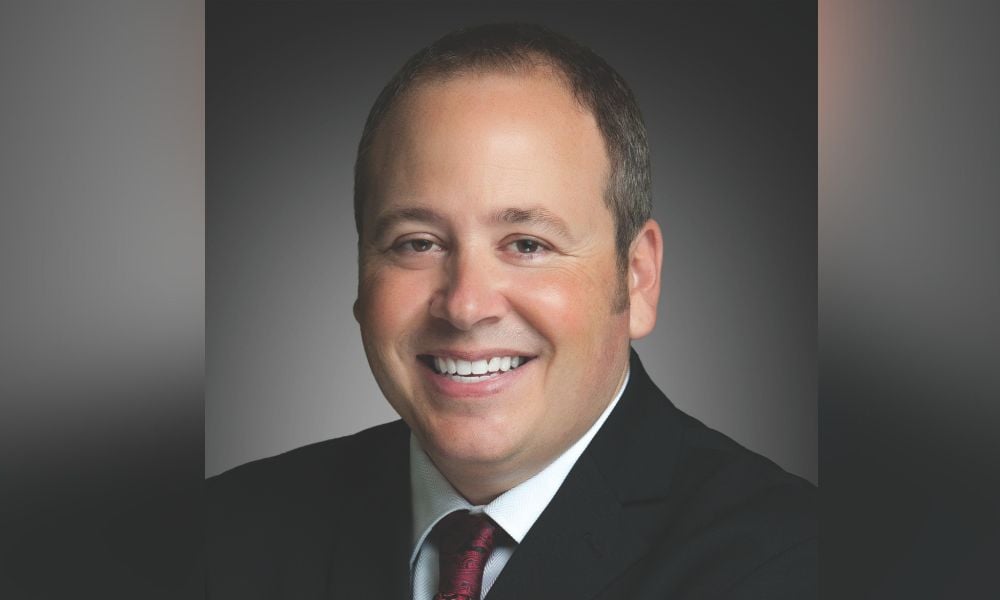"I don't think the days of ATMs originating loans are here," says Citywide Home Mortgage boss

There’s no escaping technology in the mortgage market – but will it ever really be a rival to the human touch? Not according to John Cady (pictured), president of Citywide Home Mortgage.
Cady told Mortgage Professional America that AI “is never going to replace a loan officer”, because when someone is borrowing significant sums—“a quarter of a million, half a million dollars,” he explained —they want a human touch.
“They’re going to speak to someone, and that is always going to remain true,” added Cady. And Cady’s perspective is rooted in his extensive experience. Having personally closed over 6,500 loans, he prides himself on his background as a high-volume loan officer, which he feels is a rarity among mortgage company executives.
"I still look at things as a loan officer,” he added, suggesting that this grounding gives him a unique advantage in understanding both the customer’s and the loan officer’s experience.
While he embraces advancements in AI, Cady sees a clear limit to its application in the mortgage industry, especially when it comes to customer relationships.
“I don't think the days of ATMs originating loans are here," he said, pointing out that many attempts to automate the process have fallen short. He agrees that while certain types of loans, like automated HELOCs, have found success online, the more complex, higher-value loans are unlikely to follow the same trend.
“I don’t think that’s going to be a million-dollar loan anytime soon,” he said, emphasizing the importance of human interaction in these cases.
Yet, Cady is quick to acknowledge that automation and AI can play a role in streamlining the loan process, particularly in reducing errors.
“The amount of loans that are going to not go through at the end, where someone made a mistake, those are going to go down,” he added. Cady envisions a future where the loan officer’s role shifts: less about handling the “nuts and bolts” of the transaction and more about nurturing client relationships. In this model, loan officers act as the face of the company, building trust and connections with customers and referral partners, while the back-end processes become increasingly automated.
Cady draws a comparison with the wealth management industry, where robo-advisors handle straightforward investment tasks, but human advisors continue to thrive in managing complex, personalized financial planning.
“My financial advisor knows who my kids are, knows what my plans are,” he said. It’s a level of understanding and personalization that Cady believes AI cannot replicate today. “That’s the part that I don’t think is there yet,” he said.
In the mortgage space, Cady sees the dynamic playing out differently. First-time homebuyers, he argued, need a high level of support and reassurance throughout the process.
“If it's a $200,000 first-time homebuyer, that person is going to need to talk to a loan officer 15 times in a 30-day transaction,” he told MPA. This demographic, inexperienced and often anxious, relies heavily on the relationship with a knowledgeable loan officer to guide them through the complexities of the mortgage process.
Conversely, experienced borrowers—those purchasing investment properties or refinancing—might be more comfortable using automated platforms.
“If I’ve done 10 loans in my life, I could do that automated and never talk to a loan officer,” Cady quipped. He sees this as the opposite of the trend in wealth management, where high-net-worth clients increasingly lean towards personal advisors over robo options.
Ultimately, Cady envisions a balanced approach where technology enhances efficiency but the essence of customer service remains rooted in human interaction.
“The sooner we can get to the point where the loan officer is the customer service person, and less the nuts and bolts person, the better,” he said.



